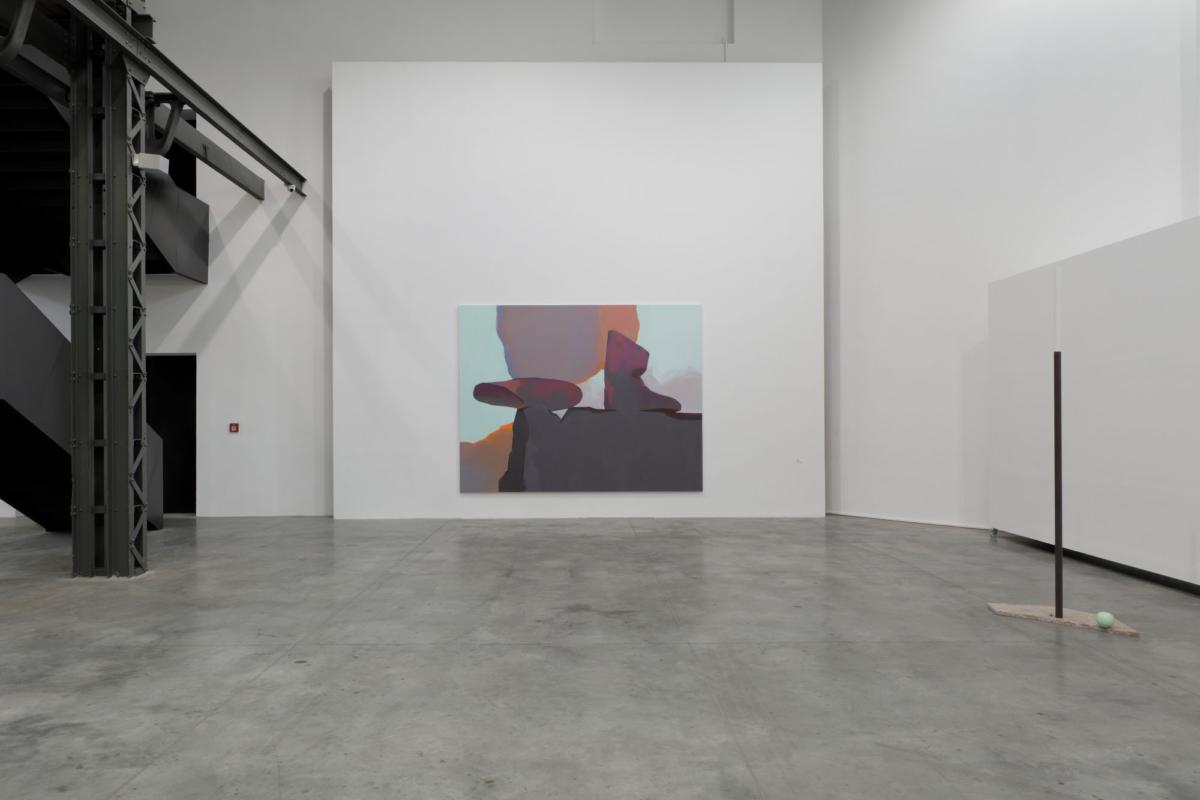
Return is the movement of the Tao, yielding
is the way of the Tao. Ten thousand things
in All Under Heaven are born of what there is.
What there is is born of what there isn’t.
In a distinctive visual style rooted in his personal memory, Jan Merta transforms real-world subjects into specific projections of his own experiences. This unusually sincere approach is in its intensity and truthfulness towards the viewer remarkably transferrable and communicative. In most cases, the artist chooses as the subject matter of his paintings, drawings and objects things and situations on the edge of ordinary attention that, however, are personally highly important for him. By removing them from their original context and by their free processing he fills them with new contents. The pure essence of seemingly ordinary objects demonstrated on a monumental scale with the use of unconventional; spatial structures provides Merta’s paintings with a strange tension, which is in some works even intensified by the refined employment of light and the atypically approached relationship between object and area when an accentuated background creates an illusory perspective.
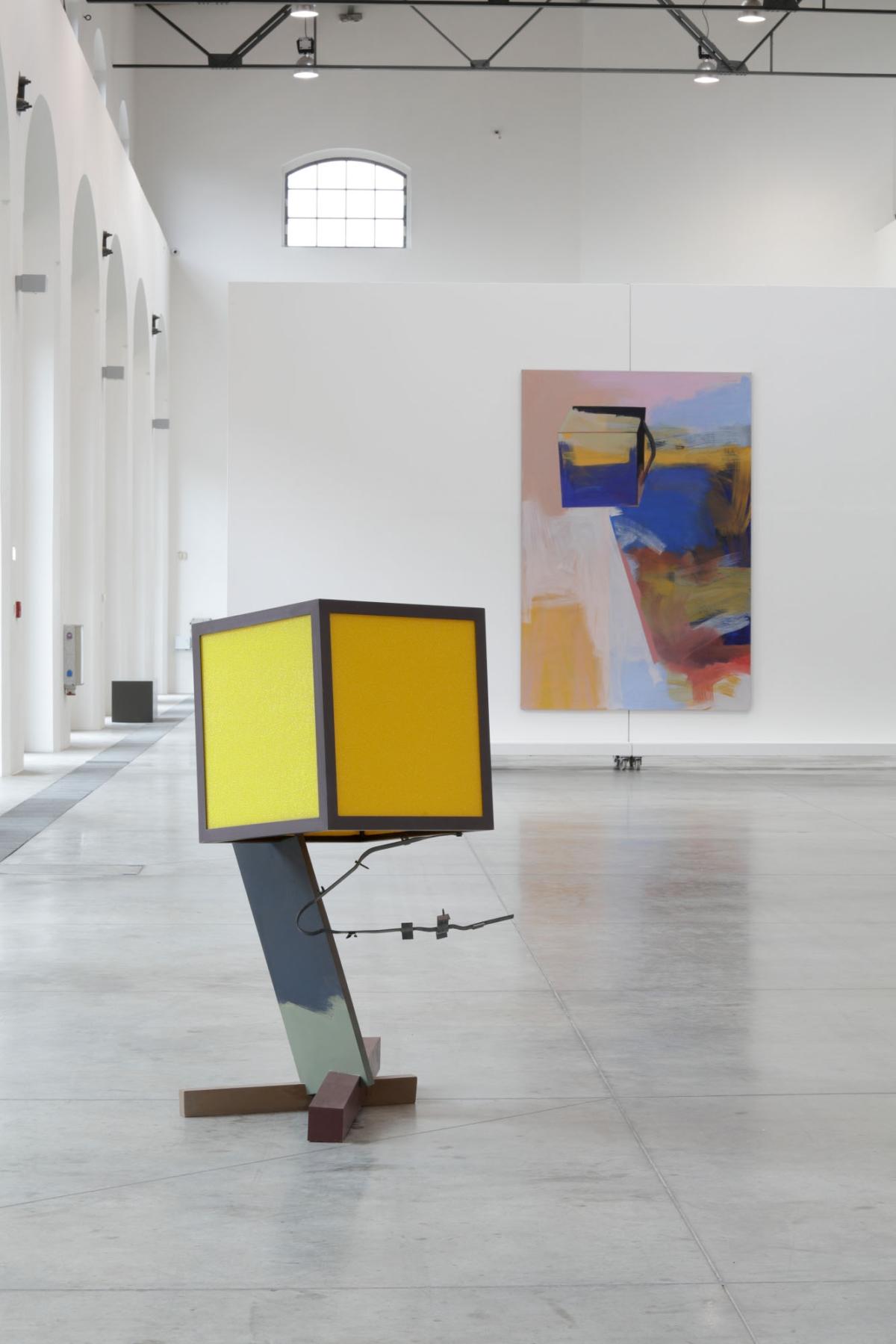
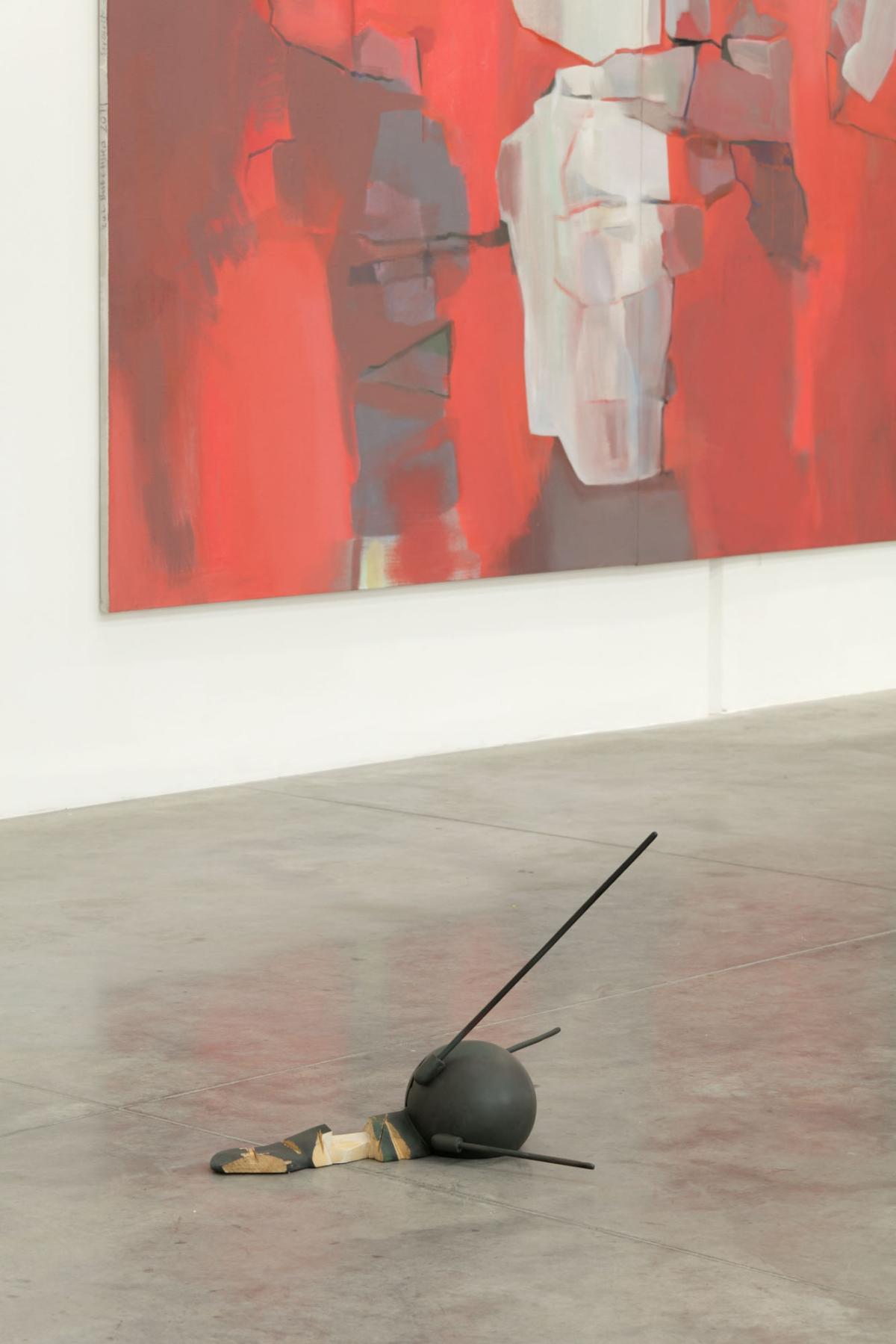
All of Jan Merta’s works have their own raison d’etre in particular stories, and his art is so closely linked with personal experiences that it could be understood as the artist’s diary records of events, experiences, memories and reminiscences of people, objects and places. Every new painting is for him a return in thoughts, and it is therefore hardly surprising that he has chosen this word for the exhibition title. However, it should be viewed at several levels of meaning: apart from the title of a sculpture, the motif of return also refers to the show itself, organised in exhibition rooms to which Jan Merta returns with his new project after eight years. First and foremost, it refers to regular returns to the artist’s key theme circles, as well as to particular motifs which are, nonetheless, always approached in a different way.
Within the Return exhibition, sections such as Liberec are important; the artist returns in it to the places associated with his childhood and has worked on it, on and off, for several years, as is the subject of civilization threats and cultural codes as homage to Old Masters and specific works of art. One example is Goya’s painting Third of May 1808 (1814) from which Merta borrowed the motif of a lamp. The lamp as a source of light is a vital element of the picture, not only in its form but also in its content, and Merta has utilised it several times. Last but not least, the exhibition presents works referring to the artist’s penchant for Eastern philosophy. In 2010 and 2013 Jan Merta designed the book Laozi translated by Oldřich Král, and his close friendship with this extraordinary figure reinforced his interest in Chinese philosophy. In the Fait Gallery exhibition project this leading sinologist agreed to incorporate into the LAOZI installation his sound recording of the book accompanied by Merta’s paintings with fragments of cups and saucers. These symbolize clay vessels: according to the teaching of the Tao, the meaning and purpose of their internal parts only come from emptiness.
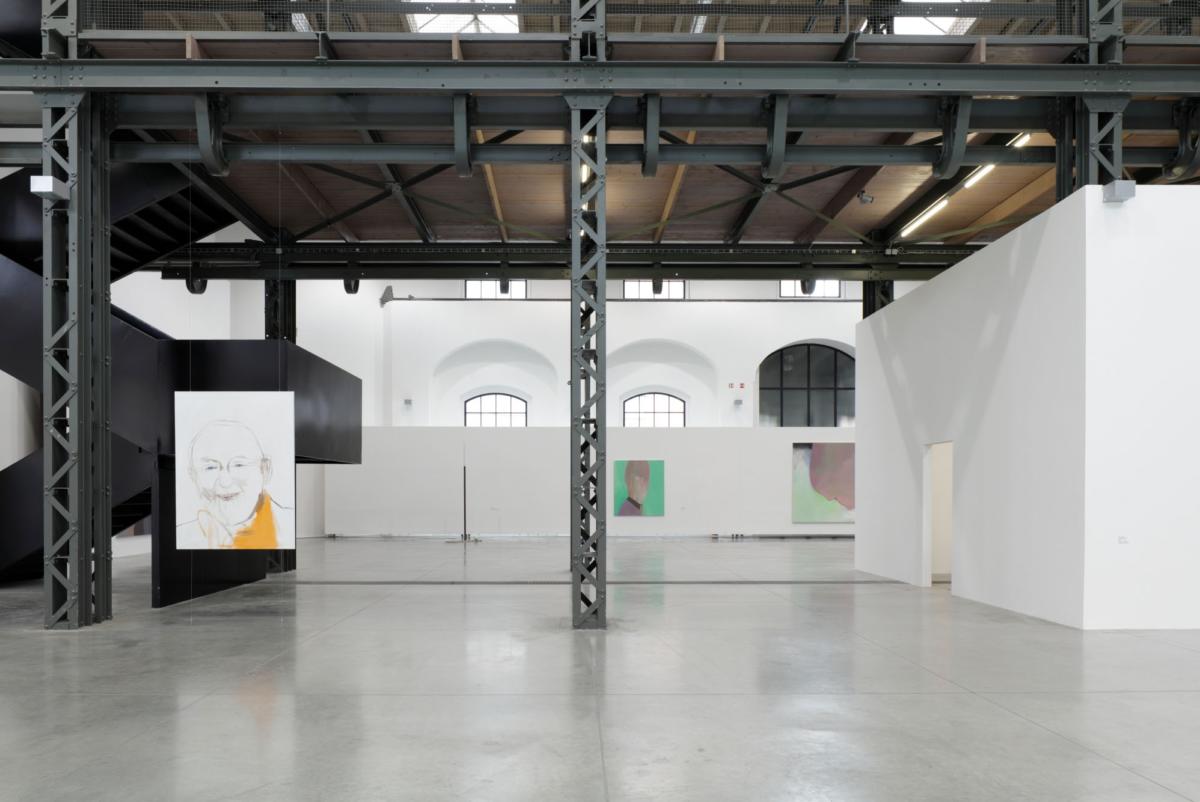
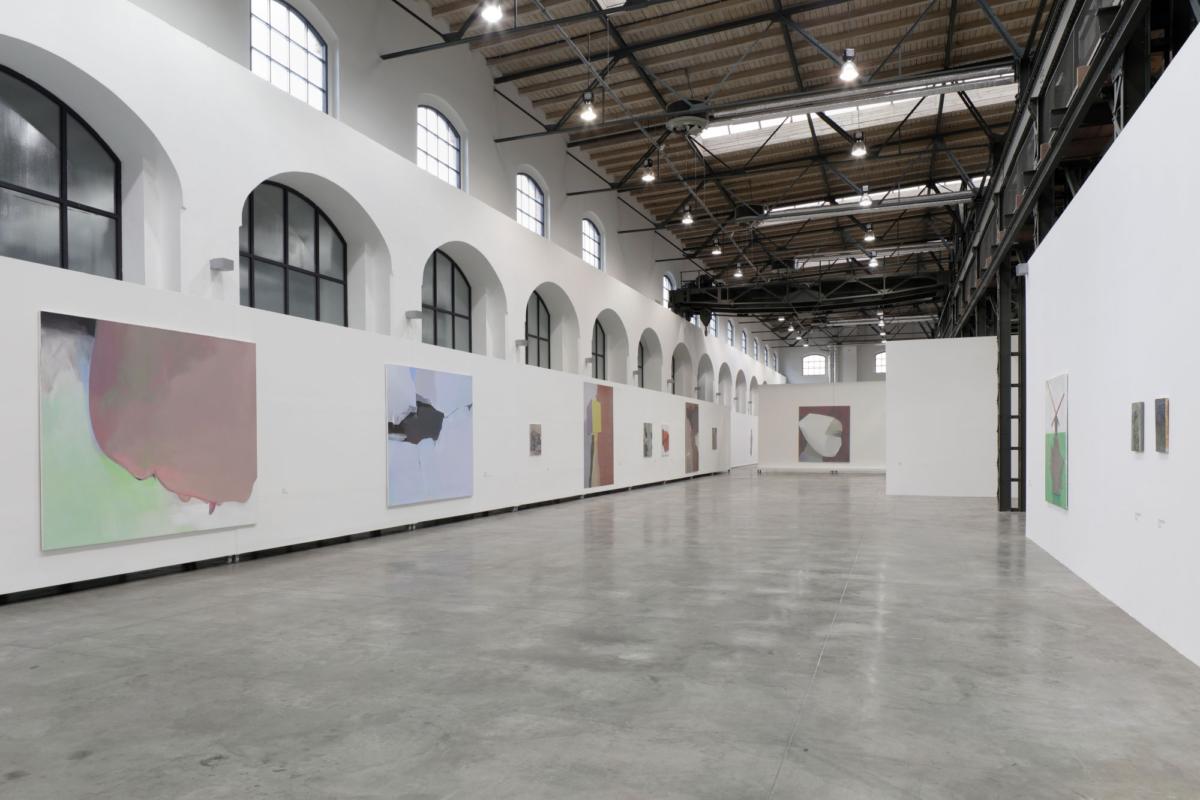
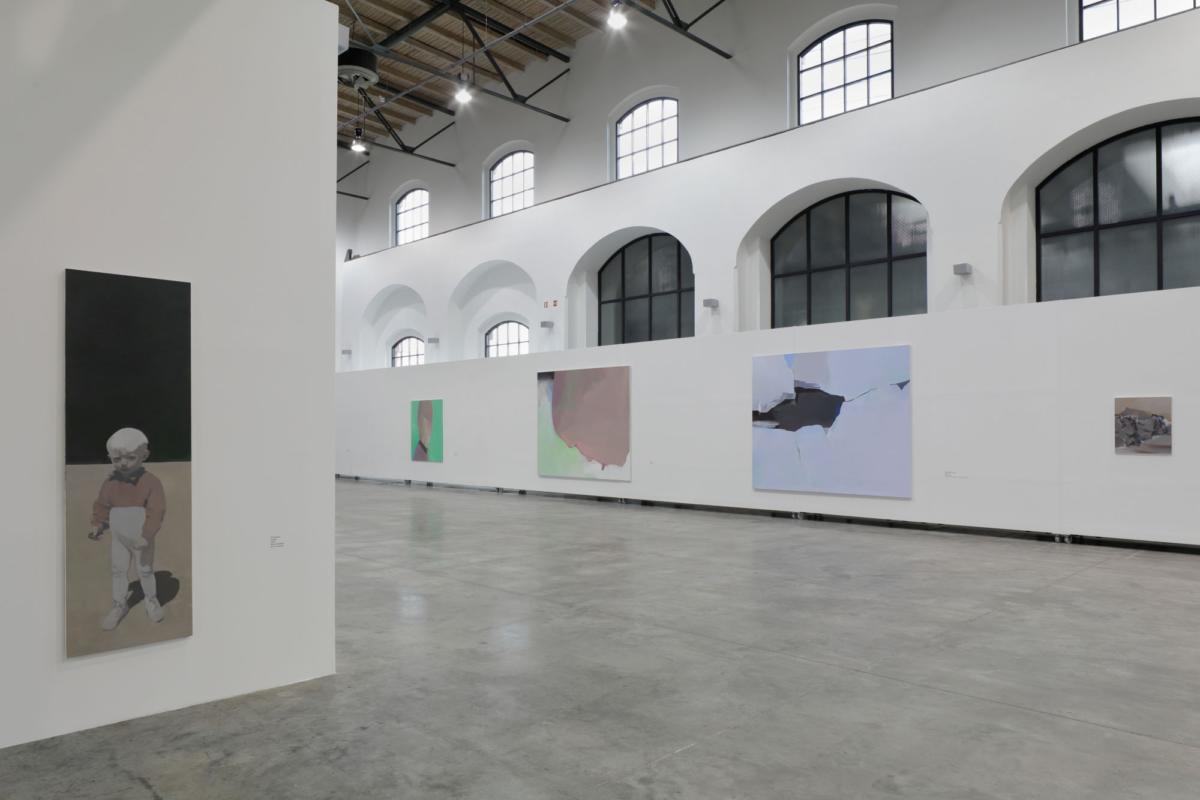
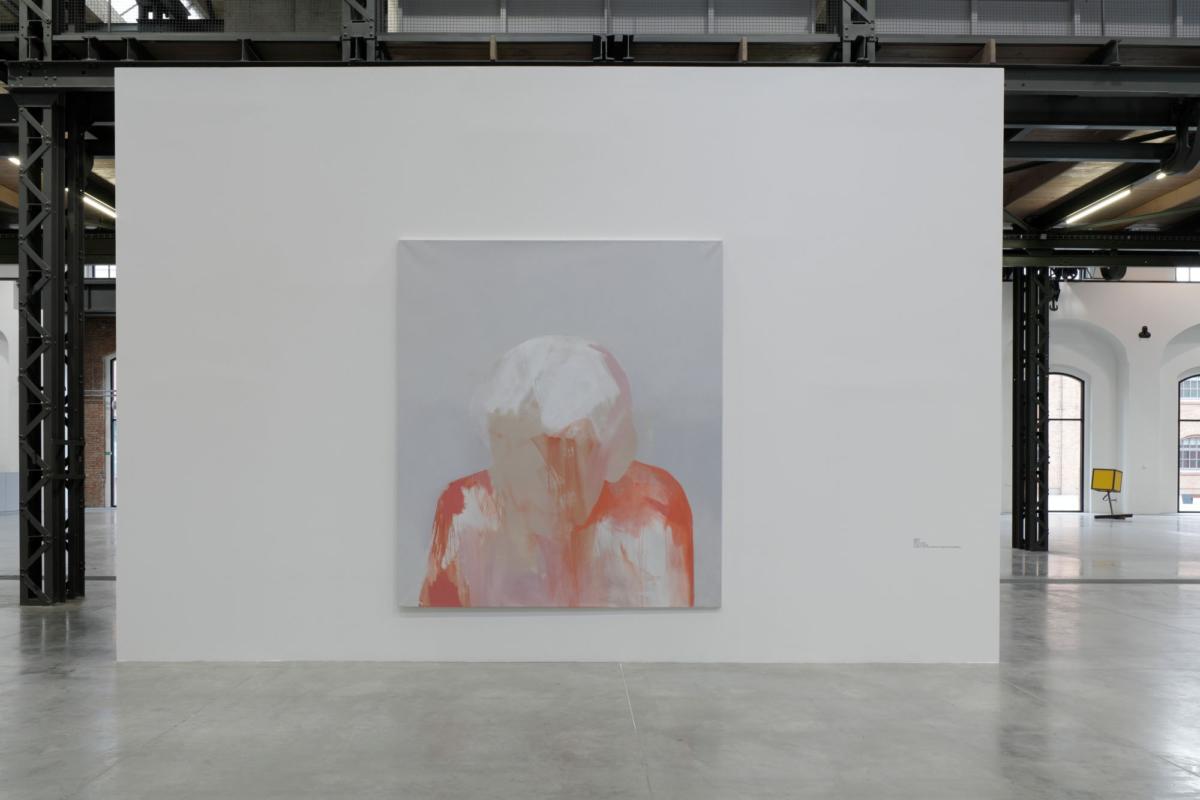
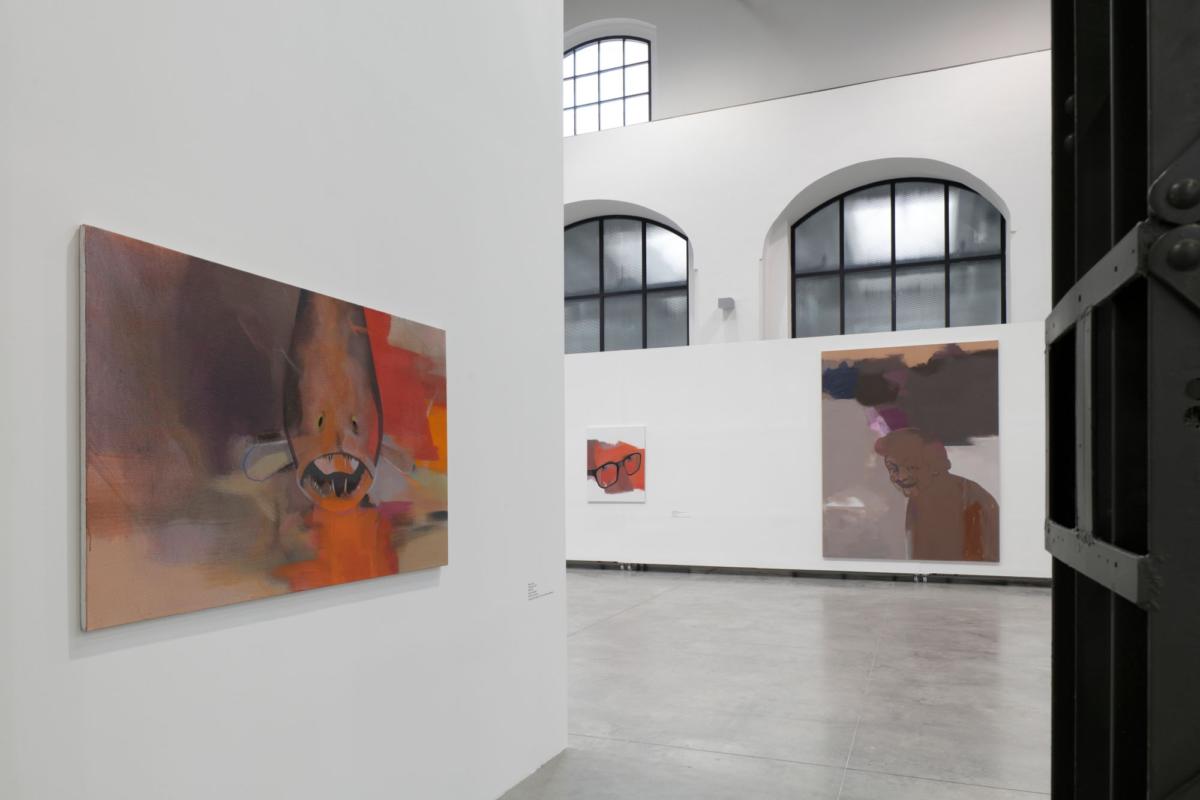
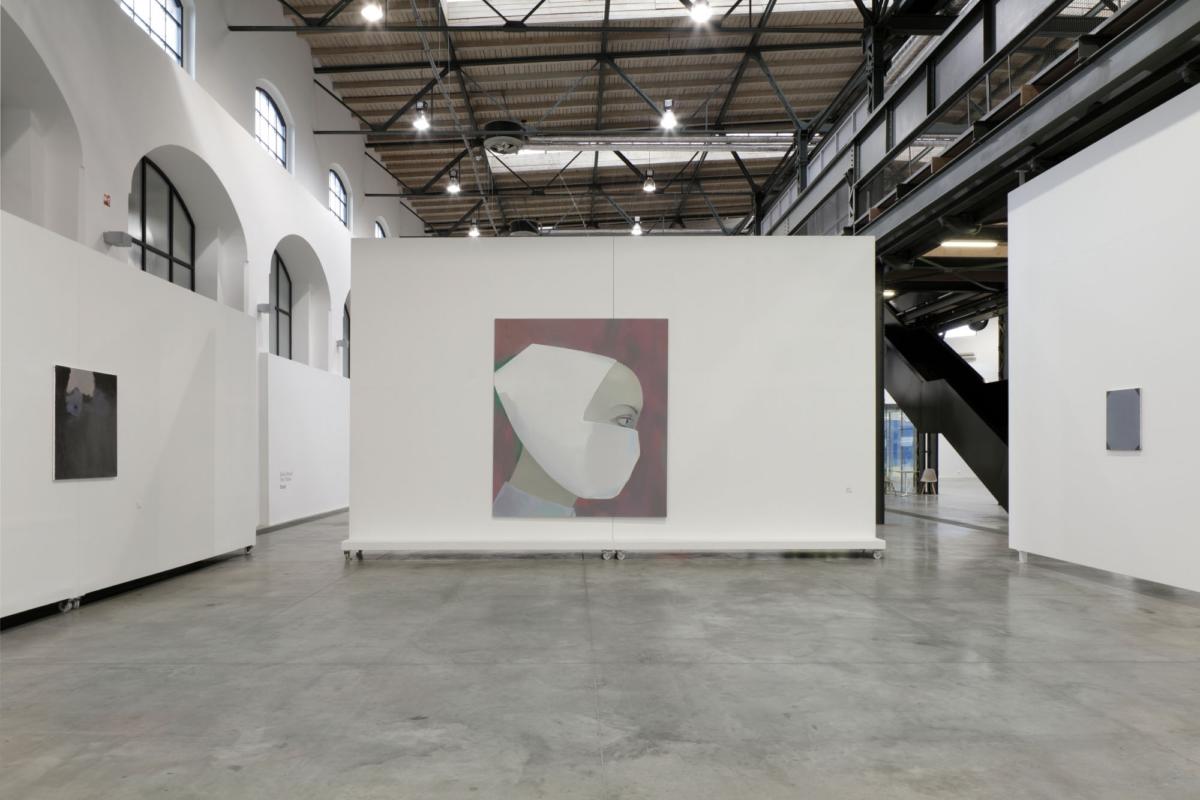
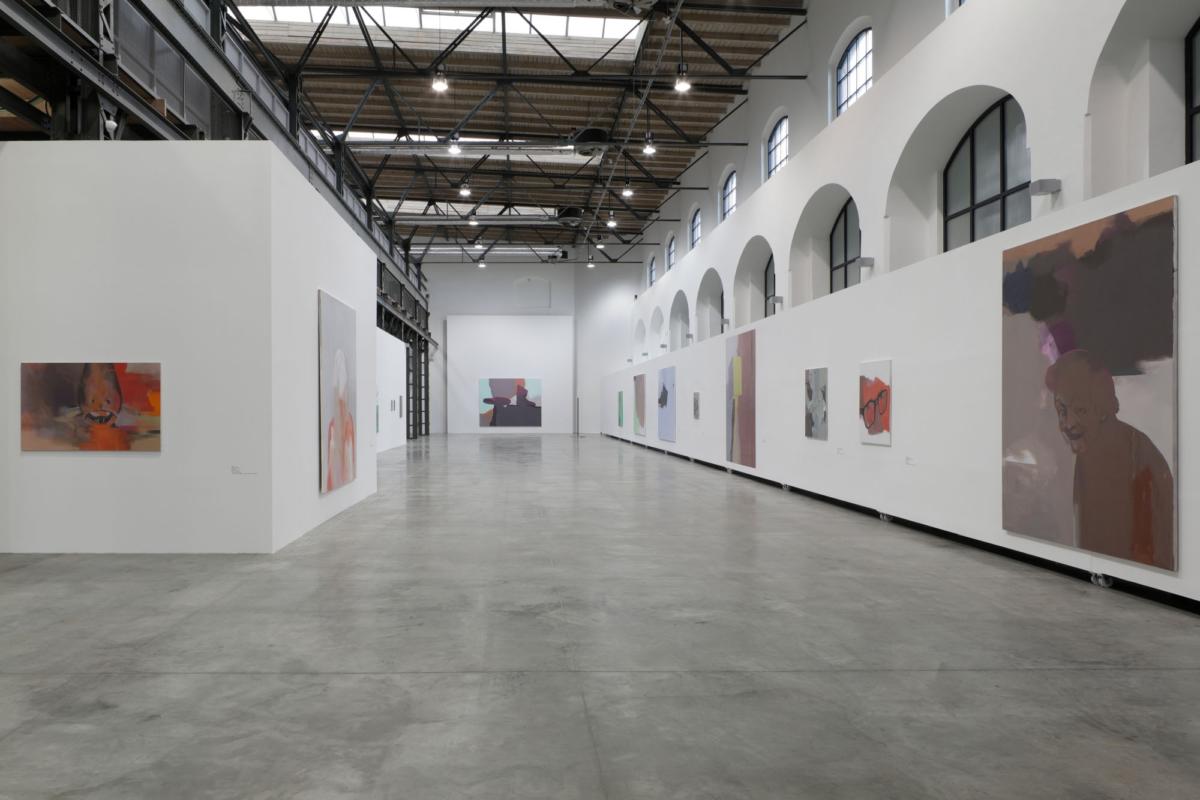

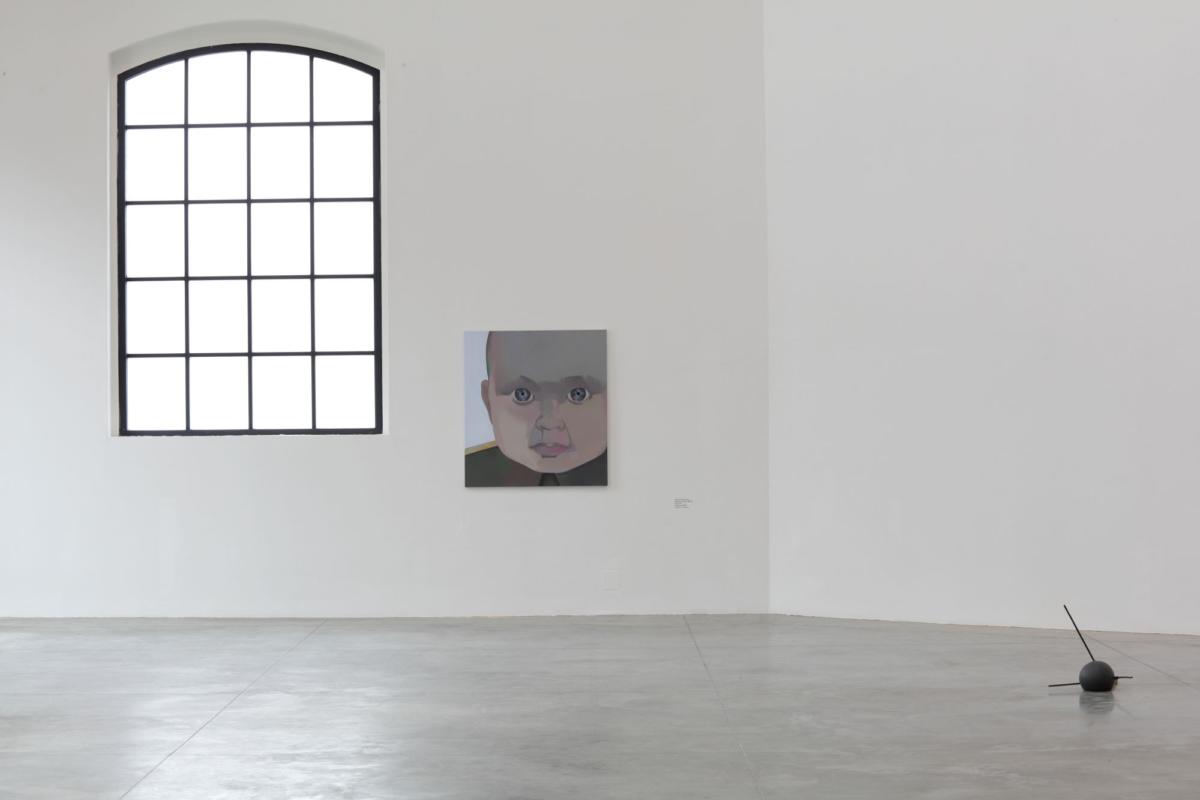
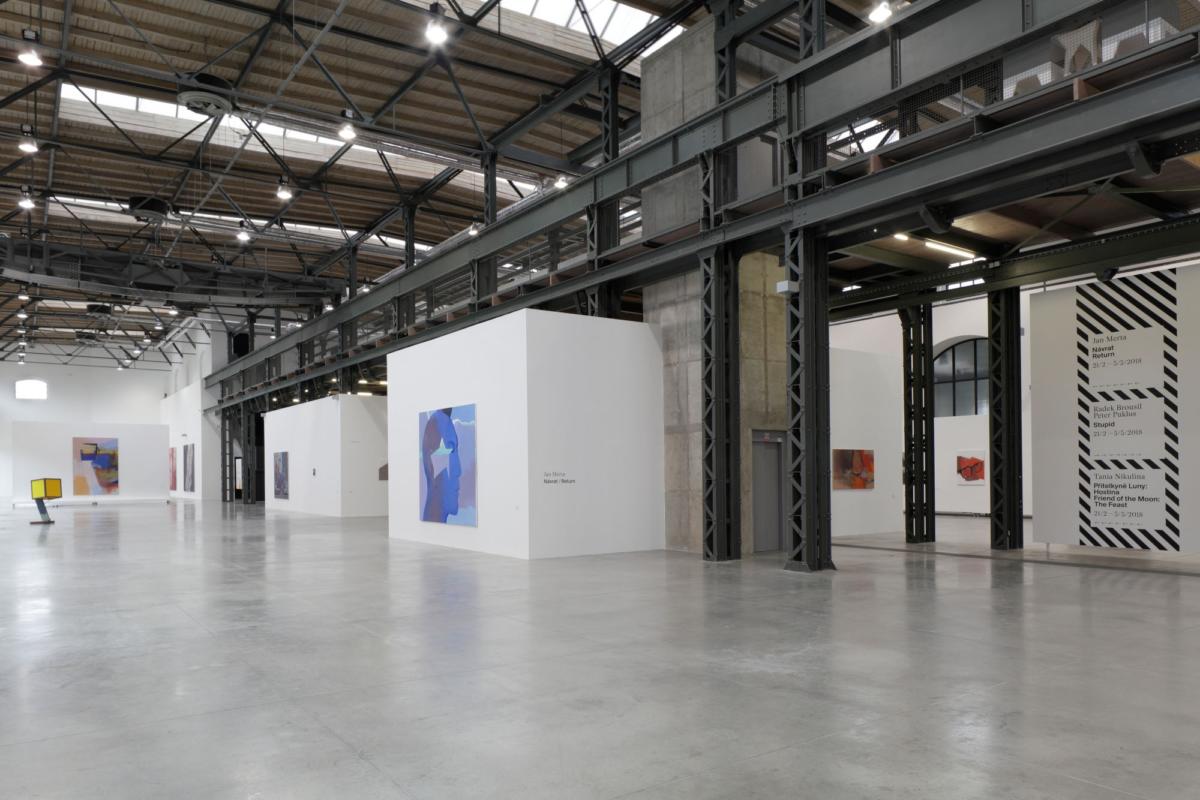


Imprint
| Artist | Jan Merta |
| Exhibition | Return |
| Place / venue | Fait Gallery, Brno |
| Dates | 21 February 2018 – 05 May 2018 |
| Curated by | Denisa Kujelová, Jiří Zahrádka |
| Photos | Lukáš Jasanský |
| Index | Denisa Kujelová Fait Gallery Jan Merta Jiří Zahrádka |
